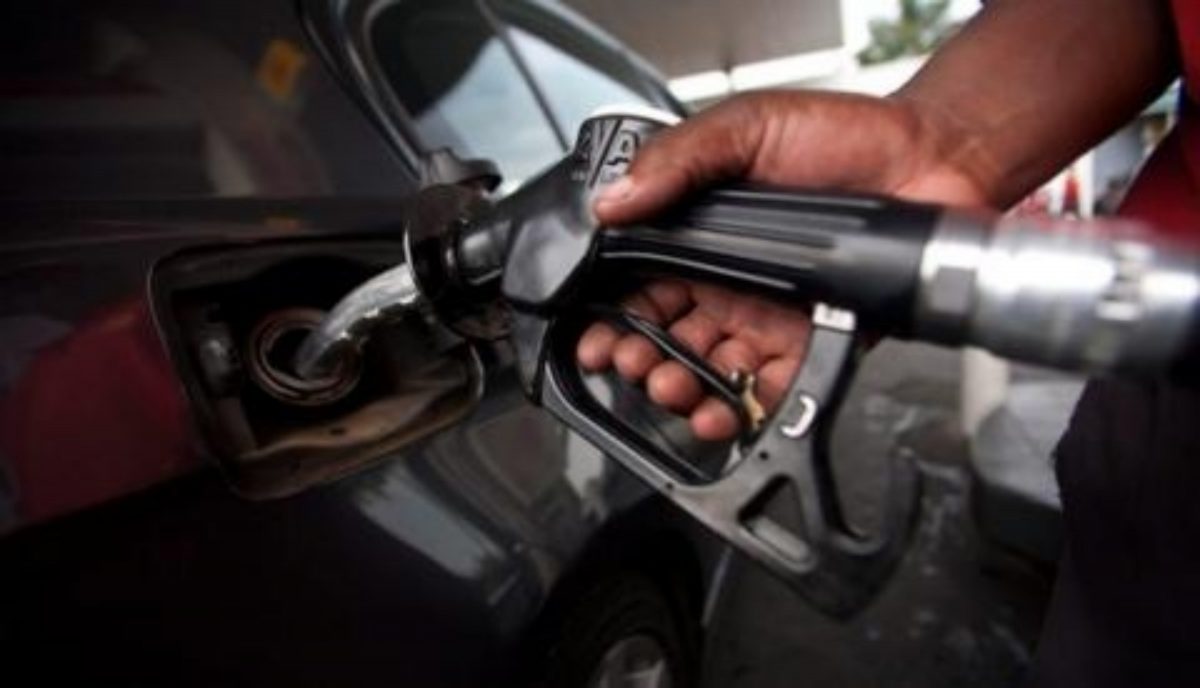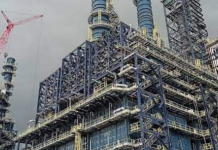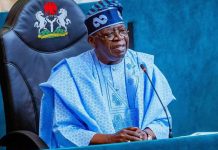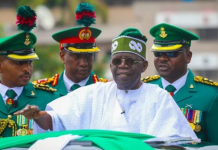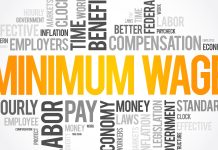Intolerance due to inherent and acquired diversities among citizens is expected of a country like Nigerians. It is believed that football, to some extent, unites Nigerians towards a specific course. But in recent times, it seems increase in price of petrol equally does the same, especially the masses. Nigerians, irrespective of religion, tribe and ethnicity perch on different tents to complain or debate the removal of fuel subsidy which ultimately escalates the price of fuel. Like football, sentiments may scarcely be noticed in the response of Nigerians to increase in price of petrol; but with microscopic examination, traces of sentiment may still noticed.
The removal of fuel subsidy is now being supported by those previously against it, and is now heavily criticised by those previously supporting it. This bespeaks lack of sincerity or the bias mind with which we see government policies. It may also denote that some citizens, criticise government policies without having sound knowledge of the need and impact of such policies. Just like the retired pro-subsidy Nigerians, the present pro-subsidy groups, in a bid to provide facts in favour of subsidy removal are now displaying the high prices of premium motor spirit (PMS)/petrol in different countries of the world; as a justification for the increase in price of PMS in Nigeria. As it was the case in 2012, the now subsidy-phobic groups are the ones reminding the former that the price of PMS in a country should not be an independent indicator, but rather it is made complicated by other factors, including minimum salary wage, gross domestic product (GDP), unemployment rate, inflation rate, interest rate among others; of which Nigeria has a very poor status. This makes increment in the price of PMS more detrimental to the masses of Nigeria, causing untold hardship, poverty, hunger and increase in crime rate.
At this point, it is expected that all parties will understand the need for the removal of subsidy and redirect the debate to other issues, especially the impacts of the removal of subsidy on the economy. The debate should not be mainly centred on what any group of Nigerians said before and what their perception is now. Moreover, it was just a swab of perception and probably, interest.
Certainly, home production of PMS will create many jobs by reviving old industries and stimulating the establishment of new ones, which all governments have failed to do after the first republic. As the development mantra will be moved to the private sector; a sector enshrined with true capabilities for national development that will favour competence and hard work as against the public sector that favours laziness, nepotism and indiscipline. Care must be taken in raising the hopes of Nigerians as a means of cajoling citizens to embrace these policies. The main undisputable benefits of these policies are the creation of new jobs and other economic successes that come with it. But the propaganda that the policies will lead to a reduction of prices of PMS over time may not be realistic; as the price may remain higher in line with global prices. Cement is a similar commodity as PMS; most of the raw materials are sourced locally and in recent times, the cement industries are now financially stronger and more viable. From Nigeria, the companies now have branches in other West African countries. However, this has never made cement cheap, and the price had always being on the rise with more than 100% increase in less than two decades. Nonetheless, the companies have been able to provide thousands of jobs for many Nigerians.
The issue of these policies coming at the wrong time when citizens are battling with economic hardship due to the Covid-19 pandemic, and it being concurrent with increase in electricity tariff should be the major focal point. The concern of whether the new policies will be correctly and sincerely implemented with transparency and accountability to revive the economy and provide new jobs for Nigerians should be the spotlight. Corruption, selfish interest and insincerity among some Nigerians manning the affected sectors is the concern of many. After several decades, the changes in the telecommunication sector as it relates to the mobile network and television satellite providers are not satisfactory to Nigerians. Nigerians are still being heavily exploited with the impact of government regulatory agencies being below average. Both increases in prices of PMS and electricity tariff are expected to be reviewed overtime, and the new prices enforced. With the best global corruption status we currently occupy, everyone is afraid of the likely exploitation of our citizens if the government officials saddled with the responsibility of regulating the activities of the concerned private companies become compromised. These are some of the new issues that should dominate discussions among our youths on social media and other platforms where young Nigerians meet and debate national issues. It is hoped that the youths will in reality see the stars, not the tip of the finger pointing at the stars.
A few Nigerians are applauding the removal of fuel subsidy just because it is from a government they must support. They are surely aware of the insecurities inherent in our system and are actually feeling insecure. This is not surprising, as he who willingly bathes cold water, does not complain of cold. Some of this set of individuals have the perception that if they do not praise the government and defend its policies, they will be mocked by their opponents. On the other hand, a significant percentage of Nigerians that are complaining, do so mainly to smear the image of the government. Like the former, they are actually feeling insecure, but are highly devoted to political bigotry. All parties forget that economic hardship is like the rain, it drenches everyone equally. Every Nigerian must know that our involvements in politics must be directed with desperation, towards genuine national development. If it is the contrary, it may charge immense provocation and negative aggression from other Nigerians, making some compatriots redirect their attention to religious, tribal, regional and political intolerance; and the interest for true national development diminishes overtime.
The exploitation and pains that come with these policies, even when the expected benefits are due for harvest is effectuated by the spooky and ubiquitous corruption in the country. Most of the civil society organisations that are expected to facilitate communication between the government and the citizens, as well as pressure groups that are banked on to involuntarily check the activities of both the actors in the private sector and the regulatory agencies, are consumed by corruption.
The relatively viable ones are on the other hand, overwhelmed by the fight against the ravaging corruption in the society. If we want to multiply and maximise the benefits derived by the ordinary citizens from the removal of price-cap in the PMS market and increase in electricity tariff, Nigerians must make the numerous civil society organisations and pressure groups, including Nigerian Labour Congress (NLC), National Association of Nigerian Students (NANS), socio-cultural organisations among others, more viable. If not, the economic hardship and exploitation may remain indefinitely; and though the cause of our pains may continue to change, the intensity may progress geometrically.
Dr. Buhari Habibu is a lecturer with Ahmadu Bello University, Zaria, Kaduna State and can be reached via [email protected]

